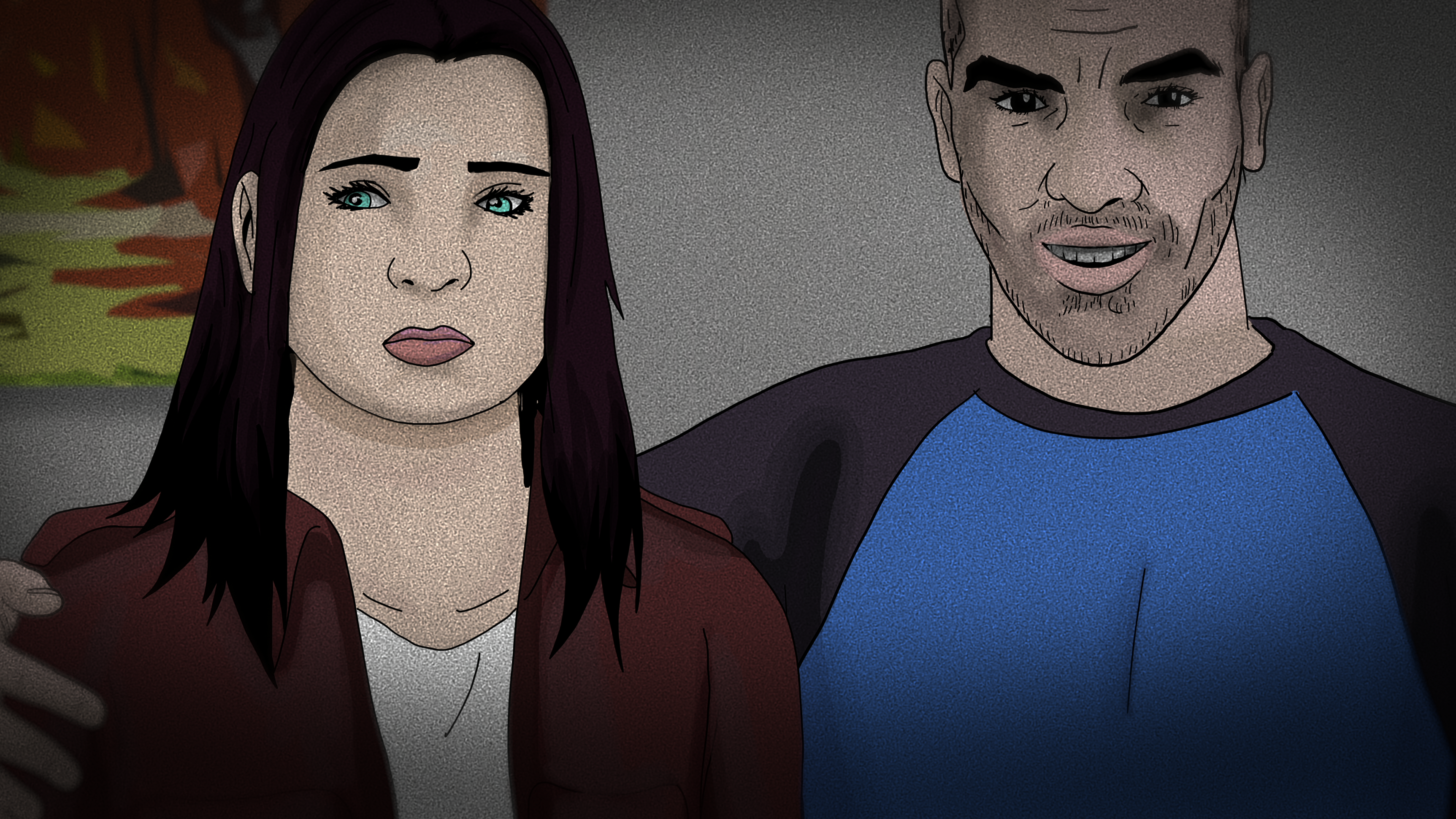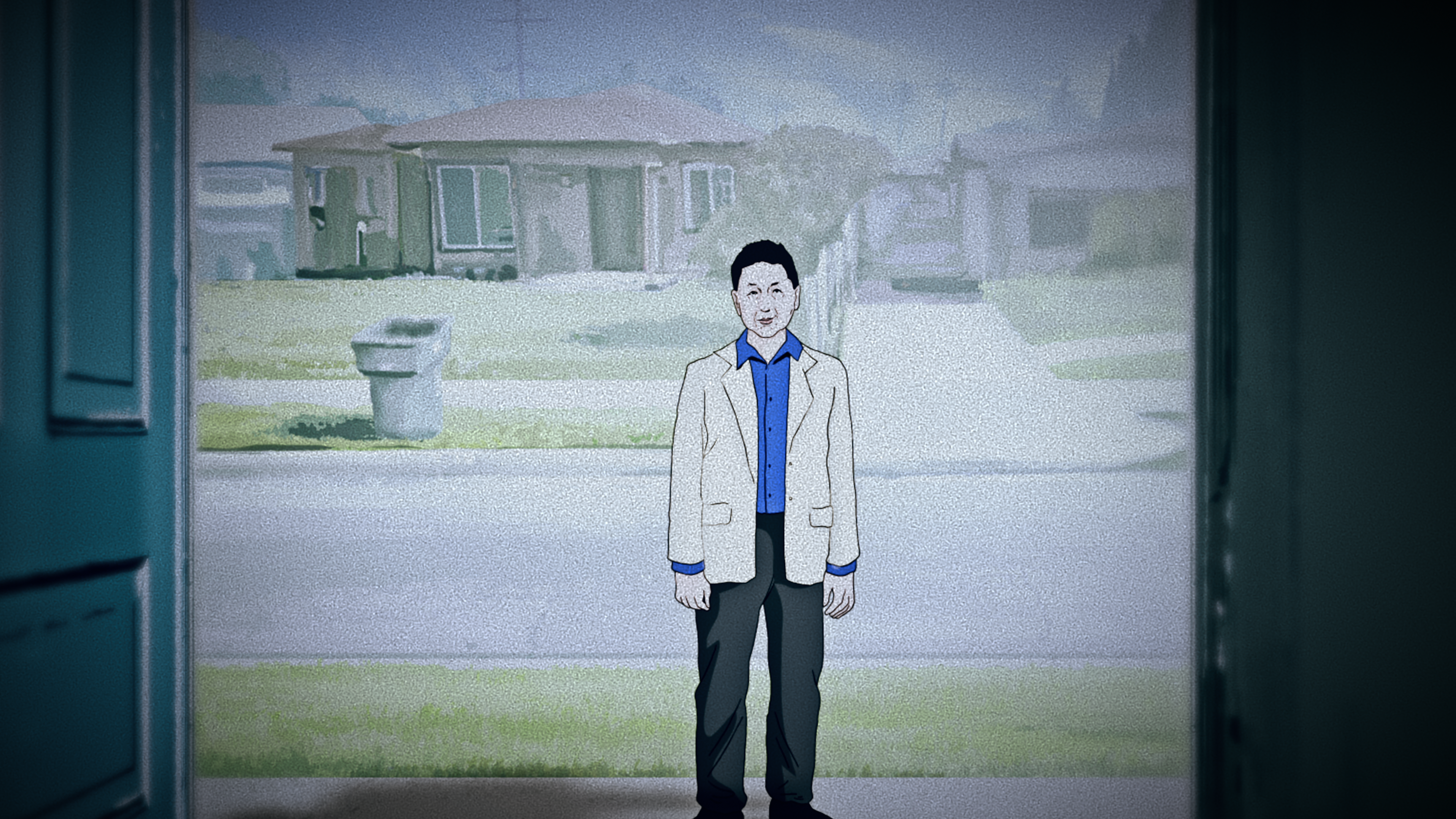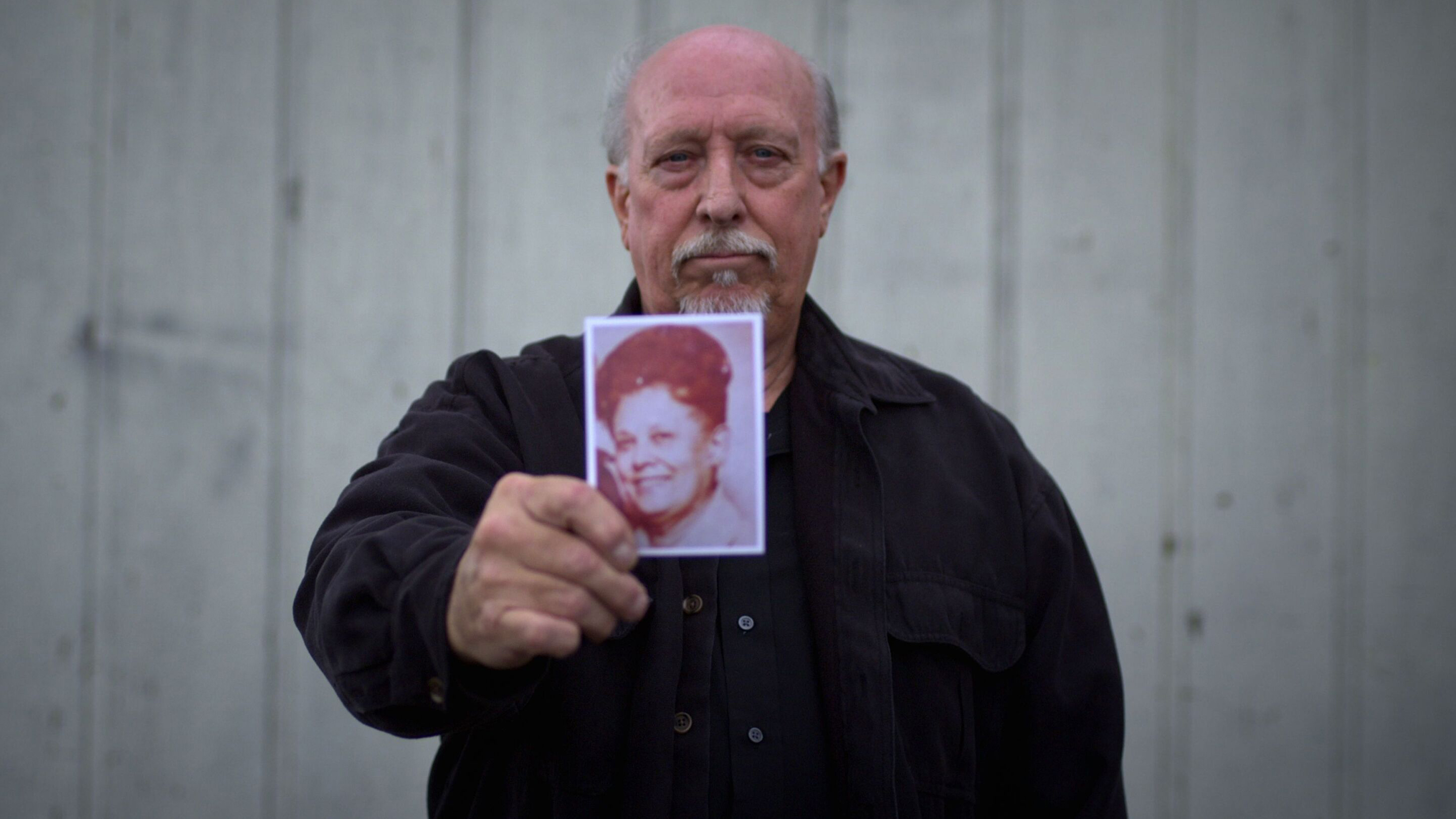Avoid Netflix's new true crime saga, it lets down its victims
Blumhouse's move into documentaries is a misfire

Unlike many of Netflix's hit documentaries, which tend to gather momentum in the days and weeks after release as word spreads of their shocking revelations, Worst Roommate Ever piqued interest right from the moment it was first announced.
Why? Because the series has been overseen by Blumhouse Television, the horror studio responsible for the Paranormal Activity, Insidious, and the rebooted Halloween franchises.
A horror powerhouse turning its hand to a true crime docuseries? A smash hit, surely? The maestros of horror bringing to life real tales of terror felt like a no-brainer. Turns out, it's not so easy.
Why do stories of conniving con artists and ruthless killers, with events that range from the flat-out horrific to the thoroughly absurd, capture the imagination of so many people? Why are we endlessly fascinated by the capacity people have to inflict harm? And why do we find ourselves unable to look away? Simple. We don't just want to know what someone did, we want to know why they did it.

Netflix and true crime, a rich history...
Good true crime series scratch a simple itch by telling the facts of the case in question. Great true crime series burrow deep into those details to reveal what makes people do evil things, they walk a delicate line between engaging entertainment and compassionate reconstruction.
The emergence of long-form episodic true crime been a gift for streamers, particularly Netflix, which struck gold with its 2015 original series Making a Murderer, a tale of a supposed miscarriage of justice, which garnered interest all over the world and delivered huge reviewing figures.
In the years since, the streamer has pumped out hundreds of true crime sagas, and it shows no signs of slowing down. Its latest, Blumhouse Television's five-part limited series, keeps it simple. The sensationalist title, plucked directly from several newspaper headlines, says it all. Worst Roommate Ever charts four cases of murder, deception, theft, focusing on one roommate from hell each time, with the first case split across two episodes.
Get daily insight, inspiration and deals in your inbox
Sign up for breaking news, reviews, opinion, top tech deals, and more.
Over the course of five episodes seemingly harmless people whose nefarious agendas slowly surface, prove that evil wears a mask that looks like all our faces. Each tale is framed by interviews, stock footage, and animated reconstruction sequences to fill gaps.
The first episode, "Call me Grandma", dives into the story of notorious serial murderer Dorothea Puente, an older woman whose thirst for blood is matched only by her steely calm. True crime fanatics will know her name, and this is quickly where the show is found wanting.
Rather than looking for new cases, the series selects well-trodden cases whose subjects have appeared in numerous other documentaries. It doesn't seem to bother the filmmakers whether they've been able to unearth new facts to supplement the case or to provide fresh analysis or do anything beyond copying and pasting. Armchair sleuths who lurk on Reddit boards, picking over every detail, won't find anything revelatory here.
The series' best episode "Roommate Wanted", a truly heinous tale that packs in sensational twists and turns for the case of Jamison Bachman, is inspired by a New York Magazine article whose title inspired the documentary. If you've read that piece you won't discover anything new about Bachman. However, for those unfamiliar with his horrific slew of crimes, it's in this double episode the filmmakers find their feet, weaving a compelling story of multiple timelines. This web of deception Bachman created is heartbreaking to watch, as we learn of homelessness and life-long suffering caused by his actions.

Avoiding hard choices...
Criticisms leveled at true crime sagas often zero in on the uncomfortable choice to normalize criminals. Do we really need to comment on Ted Bundy being attractive? Why should hideous crimes and their perpetrators be fetishized? In that regard, Worst Roommate Ever avoids that sticky topic altogether by focusing on the targets of these criminals, and their families, instead of the perpetrators. The angle preys on our own anxieties, as the show forces you to ask yourself, what would you do if a monster lived in your house?
We learn the impact of their crimes through the people whose lives they destroyed and this does imbue Worst Roommate Ever with real clout. But that comes at a price. It's clear the individuals who endured these monsters experienced trauma at their hand, but, does the show glamourize those pains for the purpose of heightening drama?

Perhaps that's a naïve ask of a show aiming to leverage an emotional response from its viewership, certainly, but in more than one interview subjects break down from the stress of reliving their hellish circumstance. Tears stream down faces. Words stick in their throats.
In "Marathon Man", the story of global conman Youssef Khater, we're treated to a rather tasteless animated reconstruction where a survivor is wrapped in plastic, and left for dead. At the encouragement of the interviewing team, the shaken survivor reveals she's unable to live without intense fear dominating her every move. Another who after telling her tale is simply told by a voice off-screen, "that's devastating," is shown little comfort or sincerity, it feels mostly like an opportunity to land footage.
Worst Roommate Ever makes no attempt to hide its exploitative edge, pushing at the survivors, and in doing so feels egregiously insensitive and out of touch. Where the newspaper articles penned about these monsters dive into their histories, to try and uncover answers about their psychopathy, the documentary doesn't even bother. By making the survivors do the heavy lifting, it sorely misses out on offering something new to true crime.
Worth a watch?
So, where does Worst Roommate Ever stack up in the canon of Netflix true crime?
Not very well. The show makes no attempt to shake up the established true crime formula, most episodes opting for straightforward chronological retellings in the style of unsolved mysteries.
The pace in each case feels uneven. Some are hurried over, others are spread out over two episodes. Puente's spree was prolific, and yet, little time is spent on excavating meaning or insight on her murderous impulses. This is the real downfall of Worst Roommate Ever. If more time were dedicated to investigating what created these monsters, what inspired their motives, or even examined the police work which aided their arrests, instead of nudging innocent people for entertainment, the show might feel like it had more to offer.
As it is, the Worst Roommate Ever is a passable watch, but certainly not up to the caliber of Netflix's best true crime documentaries.
Worst Roommate Ever is released on Netflix on March 1.
Gem Seddon is a Seattle-based freelance entertainment writer with bylines at Vulture, Digital Spy, TechRadar, GamesRadar+, Total Film, What to Watch, and Certified Forgotten. Librarian by day, scribbler by night, Gem loves 90-minute movies, time travel romance, single-camera comedy shows, all things queer, all things horror, and queer horror. Alien and Scream are tied as her all-time favourite movie. She won't stop raving about Better Things.
